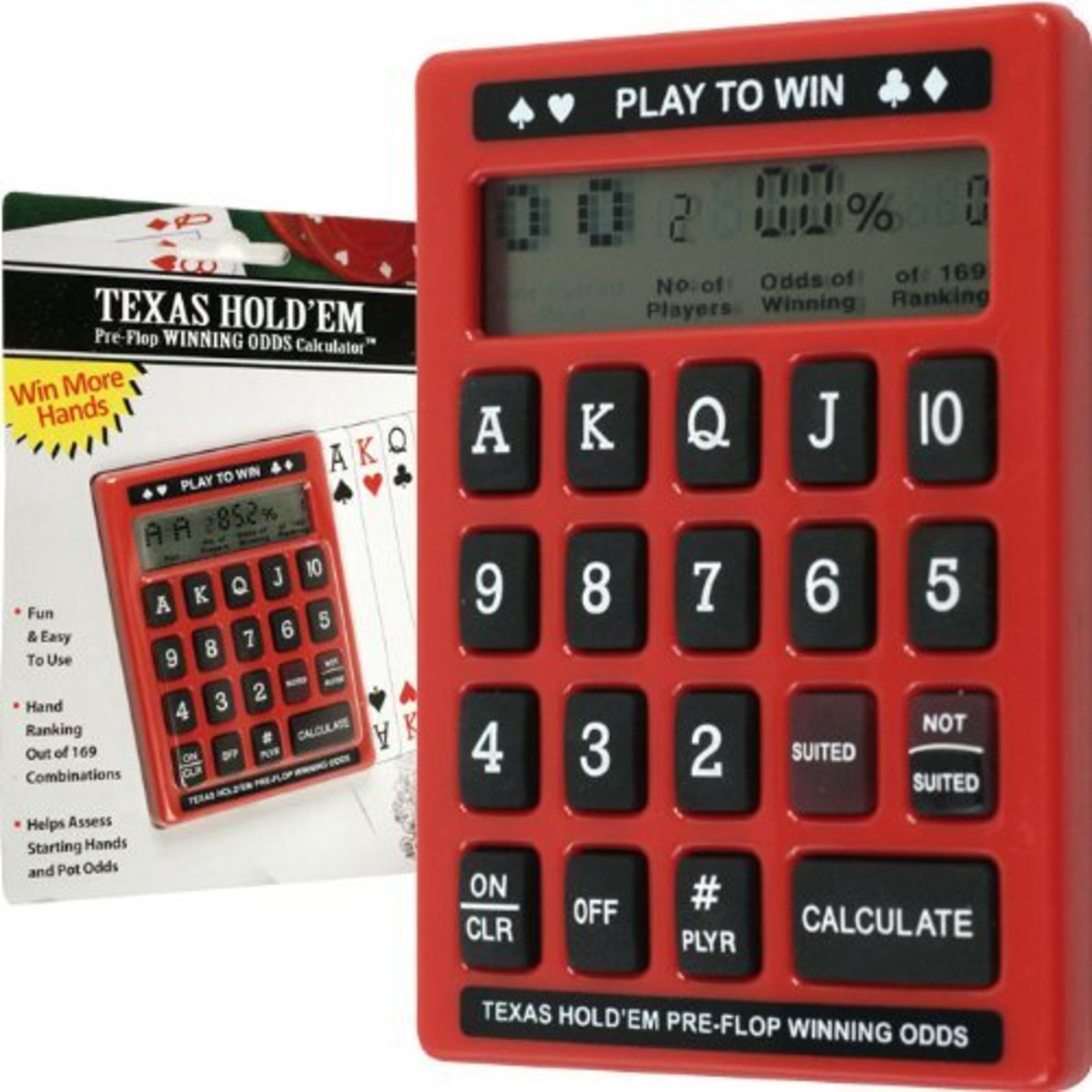Discover how a poker calculator can improve your gameplay, decision-making, and chances of winning at the poker table.

Introduction
In the world of poker, every decision counts. Whether you’re playing Texas Hold’em or Omaha, understanding the odds and making calculated moves can dramatically impact your success. This is where a poker calculator becomes a powerful ally. It’s not just a tool for beginners—it’s a strategic advantage for players at all levels. In this article, we’ll explore what a poker calculator is, how it works, and why you should consider using one.
What is a Poker Calculator?
A poker calculator is a software tool that helps players determine their odds of winning, tying, or losing a hand based on the cards they hold and the community cards on the table. These calculators range from basic odds tools to advanced solvers that simulate thousands of hand scenarios in seconds.
There are generally three types of poker calculators:
-
Odds Calculators: Provide probabilities of winning based on current hands.
-
Equity Calculators: Show your share of the pot over multiple simulated hands.
-
ICM Calculators: Used in tournaments to calculate your chip equity in various payout structures.
How a Poker Calculator Works
Most poker calculators operate using algorithms and hand history databases. When you input your hole cards and the community cards, the software analyzes possible outcomes against potential opponent hands. It then presents you with:
-
Win percentage
-
Tie probability
-
Hand strength rank
-
Recommendations for folding, calling, or raising (in some apps)
Some real-time calculators even integrate with online poker rooms, offering instant data to assist with live decisions.
Why Use a Poker Calculator?
Using a poker calculator offers several advantages:
-
Improved Decision-Making
-
Calculators help you avoid emotionally driven moves by giving you data-backed insights.
-
-
Learning Tool for Beginners
-
New players can use calculators to understand odds and hand values quickly.
-
-
Reduced Mistakes
-
Eliminate guesswork, especially in complicated hand scenarios or multi-way pots.
-
-
Edge Over Opponents
-
With deeper insight into hand equity and pot odds, you can make more +EV (positive expected value) decisions.
-
-
Time Efficiency
-
No need to do mental math under pressure; get instant results during critical moments.
-
When to Use a Poker Calculator
A poker calculator is most effective in the following situations:
-
Post-flop scenarios where multiple draws are possible.
-
When determining whether to call an all-in bet.
-
During multi-table tournaments (MTTs) with varying stack sizes.
-
Reviewing hands after a session to learn and analyze mistakes.
Limitations of Poker Calculators
While poker calculators are incredibly useful, they do have limitations:
-
They don’t account for player tendencies or table dynamics.
-
They can’t predict bluffing patterns or physical tells.
-
Overreliance can hinder your ability to develop instinctual play.
Thus, it’s best to use them as a supplement to your strategy, not a replacement for poker intuition and experience.
Top Poker Calculators in 2025
Here are some widely recommended tools:
-
PokerStove – Classic free software for calculating equity.
-
Equilab – Popular among intermediate players for hand range analysis.
-
Flopzilla – Offers visual breakdowns of board textures.
-
ICMIZER – Ideal for tournament ICM calculations.
-
GTO+ – A solver-based tool for advanced play and Game Theory Optimal strategies.
Conclusion
A poker calculator can be a game-changer for anyone looking to level up their poker skills. Whether you’re a casual player or a seasoned grinder, having access to real-time odds and equity information can sharpen your strategy and improve your win rate. Just remember—while data is powerful, the best poker players combine tools with experience, discipline, and intuition.
So next time you sit down at the virtual felt or live table, consider bringing a poker calculator into your arsenal—it could be the edge you need to outplay the competition.
